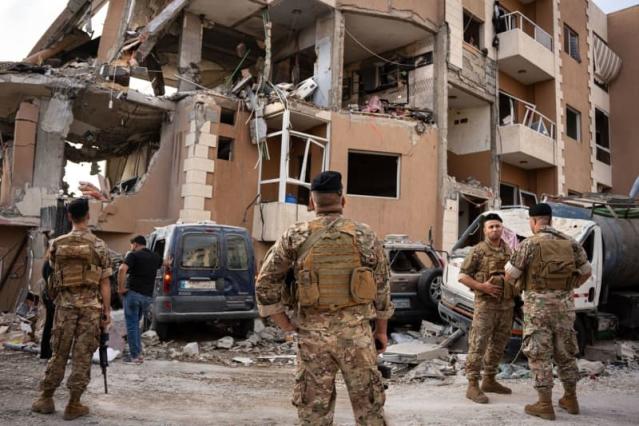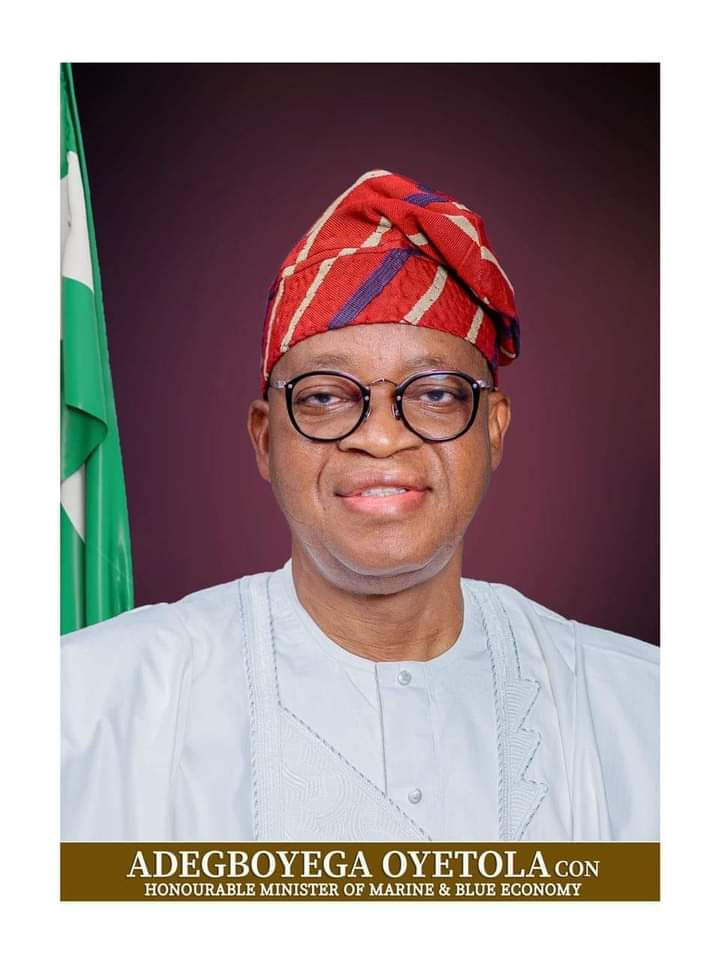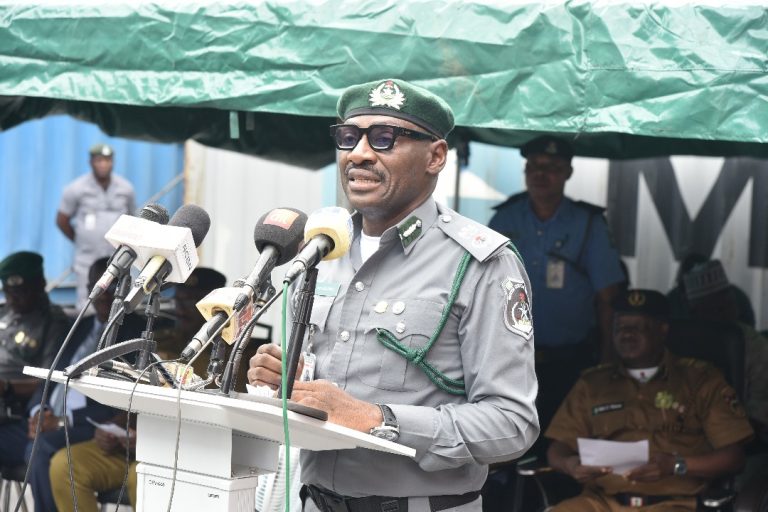…As Catalonia weighs up declaration of independence***
Japanese Prime Minister Shinzo Abe has promised to “deal firmly” with North Korea after exit polls suggested he won a clear victory in Sunday’s election.
Mr Abe had called an early election for an increased mandate to deal with “crises” facing Japan, including the threat from Pyongyang.
Local media report Mr Abe’s ruling coalition has retained its two-thirds majority in parliament.
This paves the way for Mr Abe to amend Japan’s post-war pacifist constitution.
The prime minister has previously called for the existence of the country’s armed forces to be formalised, a controversial move which he says is needed to strengthen Japan’s defence but which critics say is a step towards re-militarisation.
Speaking after the exit polls, Mr Abe said: “As I promised in the election, my imminent task is to firmly deal with North Korea…. For that, strong diplomacy is required.”
The BBC’s Rupert Wingfield-Hayes in Tokyo says Mr Abe’s victory is partly thanks to Pyongyang’s actions.
Just two months ago his popularity was plummeting as he was caught up in two messy political scandals, says our correspondent, but he enjoyed a sudden recovery after North Korea fired two missiles over the Japanese island of Hokkaido in recent months.
Local news outlets reported that Mr Abe’s ruling Liberal Democratic Party (LDP) coalition with the Komeito party has won 312 of the 465 seats in the lower house of Japan’s parliamentary Diet – which gives them the power to table a revision to the constitution.
Mr Abe had previously announced he wanted to revise a clause which renounces war, known as Article 9, to formally recognise Japan’s military, which is known as the “self-defence forces”.
He said he was ditching a previously-set deadline of 2020 to achieve the revision so that he would have more time to “gain support from as many people as possible” for the highly contentious task.
Even if an amendment to the constitution is passed and approved by both houses in the Diet – which Mr Abe’s coalition controls – it still needs to be put to a public vote in a referendum.
Mr Abe two years ago successfully managed to push for a re-interpretation of the constitution to allow troops to fight overseas under certain circumstances, which attracted widespread protests.
Our correspondent says Mr Abe’s victory is also in large part due to the chaos of Japan’s opposition parties.
In the lead-up to the snap election, all eyes were on the recently-formed conservative Party of Hope led by the charismatic Tokyo governor Yuriko Koike, with some speculating that it would make significant gains.
But in the end it was overtaken by the centre-left Constitutional Democratic Party which emerged as the biggest opposition party, and which opposes Mr Abe’s plan to amend Article 9.
Ms Koike, who was in Paris for a business trip during the election, told reporters she was personally taking responsibility for the result. Japanese media quoted her as saying her “words and deeds” had caused “displeasure” to voters.
A win in the election also raises Mr Abe’s chances of securing a third three-year-term as leader of the LDP when the party votes next September.
That would give him the opportunity to become Japan’s longest serving prime minister, having been elected in 2012.
In the meantime, the Catalan parliament will meet over the coming days to agree its response to the Spanish government’s unprecedented decision to impose direct rule as speculation mounts that the regional president, Carles Puigdemont, is planning to press ahead with a unilateral declaration of independence.
On Saturday night, Puigdemont described Madrid’s move as the worst attack on Catalonia’s institutions since General Franco’s dictatorship and accused the Spanish government of “slamming the door” on his appeals for dialogue to resolve the country’s worst political crisis since its return to democracy 40 years ago.
Hours later, the Catalan government said it would fight “tooth and nail to defend Catalonia’s democratically elected institutions” and the mandate it had received through the unilateral independence referendum held on 1 October.
Its spokesman, Jordi Turull, told the Catalan radio station RAC1 that the coming week would be one “where decisions are taken … doing nothing doesn’t figure in our plans”.
He rejected demands for fresh elections to be held as a way to break the standoff, saying polls were “not on the table”.
Puigdemont signed a declaration of independence on 10 October, but proposed that its effects be suspended for two months to allow for dialogue.
Although Puigdemont has resisted internal political pressure to now formally declare Catalan independence, he has refused to rule out the move, which would escalate tensions further and could pit the regional police force, the Mossos d’Esquadra, against the thousands of Spanish Guardia Civil and national police officers deployed in Catalonia.
Even if he draws back from a declaration, many Catalans – including Mossos and civil servants – may decide to not to obey orders from Madrid, and tens of thousands of people could take to the streets to protect key regional government institutions.
The Spanish prime minister, Mariano Rajoy, said on Saturday that his government was taking the dramatic step of invoking article 155 of the constitution to “restore the rule of law, coexistence and the economic recovery and to ensure that elections could be held in normal circumstances”.
He said Puigdemont’s administration would be stripped of its powers and its functions would be assumed by the relevant ministries in Madrid. The government will submit its proposals to a vote in the Spanish senate on Friday.
The speaker of the Catalan parliament, Carme Forcadell, called the measures a “de facto coup d’etat” and Puigdemont said the legislature would meet to discuss it response.
“I will ask parliament to call a plenary session in which the representatives of civil sovereignty – those who have been elected by the votes of citizens – can debate and decide how to respond to the attempt to eliminate our self-government and our democracy, and act accordingly,” he said in Saturday’s speech.
The board of the Catalan parliament is due to meet on Monday to fix a date for the plenary session.
Spain’s reaction had been firm and blunt. On Sunday, its foreign minister, Alfonso Dastis, said if a coup had taken place, it had been carried out by Puigdemont and his colleagues.
Dastis said the government was trying, “reluctantly”, to reinstate order in Catalonia following the referendum and called on people in the region to respect its decision.
BBC with additional report from Guardian





















